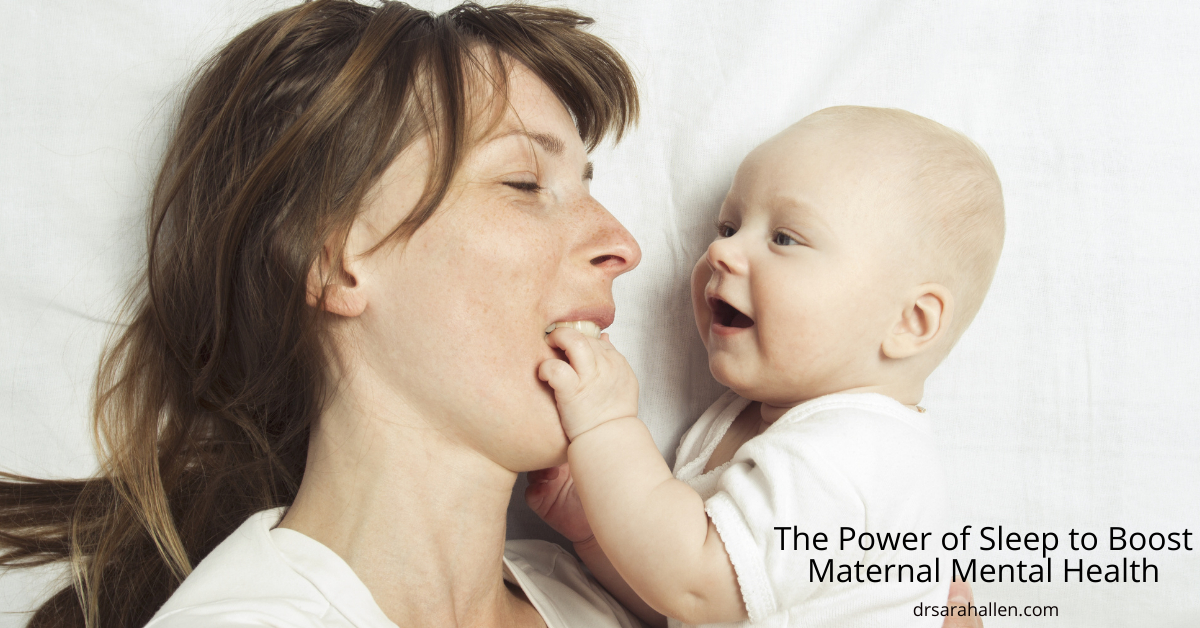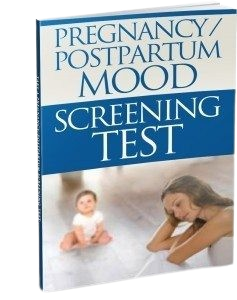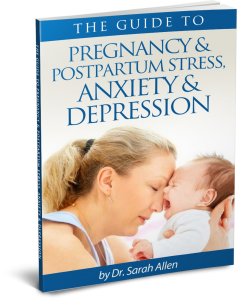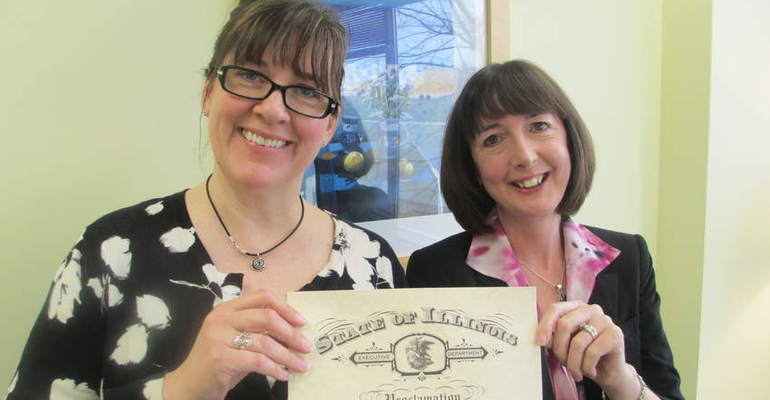
Sleep is an often underestimated yet crucial aspect of overall health and well-being, playing a vital role in numerous physiological processes, including cognitive function, emotional regulation, and stress response. For expectant and new mothers, adequate sleep and rest become even more critical. Pregnancy and early motherhood bring about significant physical and emotional changes that can directly impact sleep patterns, potentially exacerbating mental health challenges during this transformative life stage.
In this blog article, we will delve into the link between sleep and maternal mental health, shedding light on the importance of restorative sleep for both the body and mind. We will provide practical, evidence-based strategies for expectant and new mothers to improve sleep quality and address common sleep-related challenges during pregnancy and the postpartum period. Our ultimate goal is to empower mothers in Illinois with the knowledge and resources necessary to prioritize their sleep health as an essential component of their mental well-being journey.
The Integral Relationship Between Sleep and Maternal Mental Health
Adequate, restorative sleep is essential for maintaining optimal mental health and well-being, particularly for expectant and new mothers who experience myriad physical and emotional changes. Quality sleep plays a critical role in various aspects of maternal mental health, including:
- Mood regulation: Sleep has a direct impact on mood, with insufficient rest contributing to irritability, increased emotional sensitivity, and mood fluctuations.
- Cognitive function: Proper rest supports cognitive processes such as memory, attention, and decision-making, all of which are vital for navigating the challenges of motherhood.
- Stress response: Quality sleep helps in modulating the stress response, which is particularly valuable during pregnancy and the postpartum period when managing stress is essential for both physical and emotional well-being.
Addressing Sleep Challenges During Pregnancy
Pregnancy can bring about a variety of sleep disturbances that can make it difficult for expectant mothers to achieve the rest they need. Some common sleep-related challenges during pregnancy include:
- Physical discomfort: Growing baby bumps and common aches and pains can make it challenging to find a comfortable sleeping position.
- Frequent urination: The need to visit the bathroom more often, particularly during the night, can contribute to disrupted sleep.
- Hormonal fluctuations: Changes in hormone levels can affect sleep quality and duration.
To combat these challenges and enhance sleep during pregnancy, consider the following strategies:
- Establish a regular sleep routine: Going to bed and waking up at consistent times can help regulate the body’s natural sleep-wake cycle.
- Create a comfortable sleep environment: Invest in supportive pillows and bedding, and maintain a bedroom atmosphere conducive to sleep by adjusting the temperature, lighting, and noise levels.
- Prioritize relaxation: Engage in relaxation techniques such as deep breathing, stretching, or prenatal yoga to help facilitate restful sleep.
Improving Sleep Quality in the Postpartum Period
New mothers often face unique challenges in achieving restorative sleep during the postpartum period, due to factors such as nighttime feedings, infant sleep disturbances, and physical recovery. To improve sleep quality during this time, consider these suggestions:
- Nap when the baby naps: As tempting as it may be to take advantage of a quiet moment for housework or other tasks, prioritize your own rest by napping when your little one sleeps.
- Seek support: Enlist the help of your partner or loved ones for nighttime baby care or consider hiring a doula or night nurse when possible.
- Create a bedtime routine: Establishing a consistent routine for both yourself and your baby can help signal to your body that sleep is imminent, making it easier to drift off once in bed.
Additional Strategies for Enhancing Sleep Throughout Pregnancy and Beyond
In addition to the specific tips mentioned above for improving sleep during pregnancy and the postpartum period, the following general strategies can be helpful for expectant and new mothers alike:
- Limit screen time before bed: Exposure to blue light from screens can interfere with the production of melatonin, a hormone that regulates sleep. Aim to disconnect from your devices at least one hour before bedtime.
- Manage caffeine and sugar intake: Both caffeine and sugar can disrupt sleep, so it is essential to be mindful of your consumption levels and avoid consuming these substances close to bedtime.
- Create a wind-down routine: Dedicate 30 minutes before bed to engage in calming activities, such as reading, journaling, or taking a warm bath, to allow your body and mind to transition into a restful state.
Conclusion
Prioritizing restorative sleep is key to nurturing overall mental health and emotional well-being for expectant and new mothers. With a thorough understanding of the relationship between sleep and maternal mental health, along with practical strategies to overcome sleep challenges, mothers can make restful slumber a core component of their self-care routine.
As you embark on your journey to improved sleep, remember to ask for support. Therapy can help if you feel that what you are experiencing is more than just disrupted sleep and is available to help you achieve the rest you need to thrive in your role as a mother. For more information and assistance in navigating the intricacies of sleep and mental health during pregnancy and early motherhood, visit my Pregnancy and Postpartum related blogs.
Dr. Sarah Allen has 25+ years experience helping women transition to being the mom they want to be. She is also the Director of the Postpartum Depression Alliance of IL, a non-profit she started 20 years ago that offers information and support to pregnant and postpartum moms and their families. She has published research on postpartum depression and PTSD after traumatic childbirth and presented at conferences about her work with new moms. You can read her biography here About Sarah
Dr. Allen sees clients via telephone or video counseling in Illinois and Florida .
If you would like to make an appointment, please contact Dr. Sarah Allen at 847 791-7722 or email her on the form below.

Dr. Sarah Allen has 25+ years of experience in private practice helping women to transition to being the mom they want to be. She is the Founding Director of the statewide non-profit Postpartum Depression Alliance of IL. She also specializes in pregnancy loss & infertility & has published research on postpartum depression and traumatic childbirth.
If you would like to work with Sarah, please phone her at 847 791-7722 or on the form below.
If you would like to read more about me and my areas of specialty, please visit Dr. Sarah Allen Bio. Dr. Allen’s professional license only allows her to work with clients who live in IL & FL & the UK and unfortunately does not allow her to give personalized advice via email to people who are not her clients.
Dr. Allen sees clients in person in her Northbrook, IL office or remotely via video or phone.

What Can I Read That Helps Me While I Am Waiting For My First Appointment With Sarah?
If you feel that you may be experiencing pregnancy or postpartum mood disorder, or worry that you may be at risk of developing it, please download my free booklets below.
See each specific webpage to download one or many.









